Home>Home Appliances>Laundry Appliances>What To Do If Too Much Soap In A Washing Machine
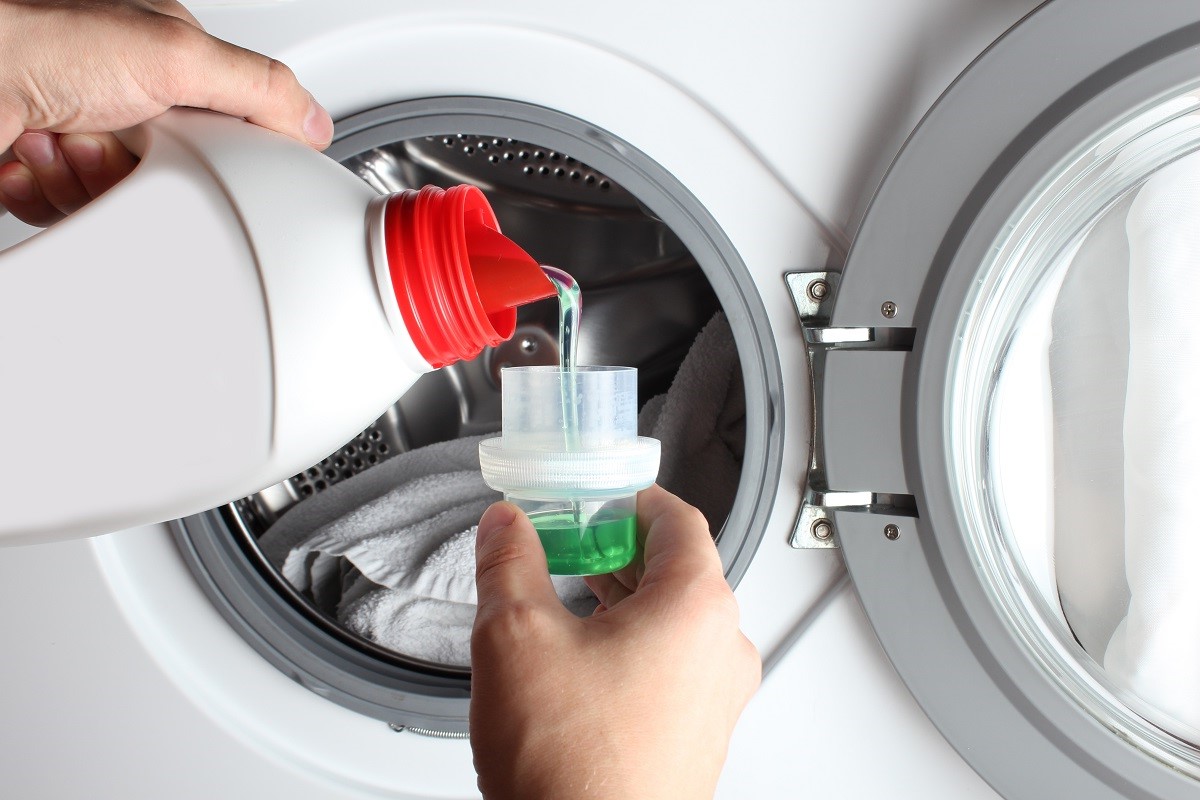

Laundry Appliances
What To Do If Too Much Soap In A Washing Machine
Published: February 21, 2024
Discover effective solutions for dealing with excess soap in your washing machine. Learn how to prevent and resolve this common issue with our laundry appliance tips.
(Many of the links in this article redirect to a specific reviewed product. Your purchase of these products through affiliate links helps to generate commission for Storables.com, at no extra cost. Learn more)
Signs of Too Much Soap in a Washing Machine
-
Excessive Suds: If you notice an overabundance of suds during the wash cycle, it's a clear indication that there's too much soap in the machine. The suds may overflow from the washer, creating a mess and potentially damaging the appliance.
-
Lingering Soap Residue: After the wash cycle is complete, if you observe soapy residue on the clothes or inside the washing machine, it's a sign that the soap hasn't been properly rinsed away. This can lead to skin irritation and fabric deterioration.
-
Unpleasant Odor: Using too much soap can result in a lingering musty or mildew-like odor on the freshly washed laundry. This occurs when the excess soap residue traps dirt and bacteria, causing an unpleasant smell.
-
Stiff or Scratchy Fabric: Over-soaping can leave behind a residue that makes the fabric feel stiff or scratchy. This affects the comfort and softness of the clothes, diminishing their quality.
-
Reduced Washing Machine Efficiency: When the washing machine is overloaded with soap, it can lead to reduced efficiency and performance. The excess soap can create blockages in the machine's drainage system, causing drainage issues and potential damage to the appliance.
-
Increased Water Usage: Too much soap can result in additional rinsing cycles to remove the excess suds, leading to a waste of water and energy.
-
Skin Irritation: Excessive soap residue on clothes can cause skin irritation, especially for individuals with sensitive skin. This can result in itching, redness, or rashes after wearing the freshly washed garments.
-
Faded or Discolored Clothes: Overuse of soap can cause the colors of the clothes to fade or become discolored over time. The harsh chemicals in the soap can damage the fabric, affecting its appearance and longevity.
-
Noisy Washing Machine: An overloaded washing machine with excessive soap can produce louder-than-usual noises during the wash cycle. This is often due to the excessive suds causing imbalance and strain on the machine's components.
-
Longevity of the Washing Machine: Continuous use of excessive soap can lead to premature wear and tear of the washing machine, potentially shortening its lifespan and requiring costly repairs.
These signs serve as important indicators that there is too much soap in the washing machine, prompting the need for corrective actions to prevent further issues.
Key Takeaways:
- Don’t overdo it! Too much soap in your washing machine can lead to suds overload, fabric damage, and even skin irritation. Use the right amount to keep your clothes and machine in top shape.
- Keep it balanced! Using the correct amount of detergent, pre-treating stains, and choosing the right wash cycle can prevent excessive soap usage. Maintain your machine and consider eco-friendly options for sustainable laundry practices.
Effects of Excess Soap on Clothes
When excess soap is used in a washing machine, it can have detrimental effects on the clothes being laundered. The repercussions of over-soaping extend beyond the laundry room, impacting the quality, appearance, and longevity of garments. Understanding the effects of excessive soap on clothes is crucial in maintaining the integrity of fabrics and ensuring optimal laundry outcomes.
1. Fabric Deterioration
Excessive soap residue left on clothes after washing can lead to fabric deterioration. The harsh chemicals in the soap can weaken the fibers of the fabric, causing them to break down over time. This can result in thinning, fraying, and reduced durability of the garments, ultimately shortening their lifespan.
2. Skin Irritation
Residual soap trapped in the fabric due to over-soaping can cause skin irritation, especially for individuals with sensitive skin. The lingering soap residue can lead to itching, redness, or rashes upon wearing the freshly washed clothes, posing discomfort and potential health concerns.
3. Color Fading and Discoloration
Overuse of soap can contribute to the fading and discoloration of clothes. The harsh chemicals in the excess soap can strip away the dyes from the fabric, causing the colors to fade or become distorted. This results in a lackluster appearance and compromises the aesthetic appeal of the garments.
Read more: What To Do With Too Much Thyme
4. Fabric Stiffness
Excessive soap residue can leave clothes feeling stiff and rough to the touch. The lingering soap can create a coating on the fabric, diminishing its softness and flexibility. This affects the comfort and wearability of the garments, detracting from the overall user experience.
5. Lingering Odors
When clothes are washed with too much soap, it can lead to lingering musty or mildew-like odors. The excess soap residue traps dirt and bacteria, contributing to the development of unpleasant smells on the freshly washed laundry. This can necessitate additional washing cycles to eliminate the persistent odors, resulting in wasted time and resources.
6. Environmental Impact
The environmental impact of excessive soap usage extends to the release of harmful chemicals into the water supply. When over-soaped clothes are rinsed, the excess soap containing pollutants can enter the ecosystem, potentially harming aquatic life and disrupting the natural balance of water bodies.
Understanding the effects of excess soap on clothes underscores the importance of using the appropriate amount of detergent during laundry cycles. By being mindful of soap usage, individuals can preserve the quality of their garments, minimize environmental impact, and promote sustainable laundry practices.
Steps to Remove Excess Soap from a Washing Machine
-
Pause the Cycle: If you notice excessive suds during the wash cycle, immediately pause the machine to prevent further agitation. This will halt the distribution of suds and minimize the risk of overflow.
-
Open the Lid: Carefully open the washing machine lid, ensuring that the suds do not spill over. Take caution as the excess suds may be pressurized, posing a risk of spillage.
-
Add Vinegar: Vinegar is an effective natural agent for neutralizing excess soap. Pouring a cup of white vinegar directly into the washing machine drum can help break down the soap suds and prevent further foaming.
-
Run a Rinse Cycle: After adding vinegar, initiate a rinse cycle without adding any additional detergent. This will allow the machine to flush out the excess soap and vinegar, effectively reducing the suds and soap residue.
-
Monitor the Rinse: During the rinse cycle, observe the washing machine to ensure that the suds are dissipating. If necessary, pause the rinse cycle to allow the vinegar to further neutralize the soap suds.
-
Repeat if Needed: In cases of severe over-soaping, it may be necessary to run multiple rinse cycles with vinegar to completely eliminate the excess soap from the washing machine.
-
Inspect the Clothes: Once the excess soap has been addressed in the washing machine, inspect the clothes for any lingering soap residue. If soap residue is present, consider rewashing the affected items using a minimal amount of detergent.
-
Air Out the Machine: After addressing the excess soap, leave the washing machine open for a period of time to allow any remaining suds or odors to dissipate. This will help prevent future issues related to over-soaping.
-
Adjust Soap Usage: Reflect on the amount of detergent used in the previous wash and adjust the quantity for future laundry cycles. Adhering to the recommended detergent dosage based on load size and soil level can prevent over-soaping and its associated complications.
By following these steps, individuals can effectively address and remove excess soap from a washing machine, restoring its functionality and preventing potential damage caused by over-soaping. These proactive measures contribute to maintaining the performance and longevity of the washing machine while promoting efficient and sustainable laundry practices.
Read more: What Kind Of Soap To Use In Pressure Washer
Tips to Prevent Excessive Soap Usage in the Future
Preventing excessive soap usage in the future is essential for maintaining the efficiency of your washing machine and preserving the quality of your laundry. By implementing the following tips, you can optimize detergent usage, minimize environmental impact, and ensure the longevity of your clothes and washing appliance.
1. Use the Recommended Detergent Amount
Adhere to the manufacturer's guidelines regarding the appropriate amount of detergent based on the load size and soil level. Using more detergent than necessary does not equate to cleaner clothes and can lead to over-soaping. By measuring the detergent according to the recommended dosage, you can achieve optimal cleaning results while preventing excessive soap buildup.
2. Pre-Treat Stains
Address stubborn stains with targeted pre-treatment methods instead of compensating with additional detergent. Pre-treating stains with specialized stain removers or natural alternatives can effectively lift the blemishes without the need for excessive soap. This targeted approach minimizes the reliance on detergent and reduces the risk of over-soaping.
3. Select the Appropriate Wash Cycle
Utilize the appropriate wash cycle for the specific laundry load. Different wash cycles are designed to accommodate varying soil levels and fabric types. By selecting the suitable cycle, you can optimize the cleaning process without resorting to excessive detergent usage. This tailored approach ensures efficient cleaning while preventing soap residue buildup.
Read more: How To Use Soap In Pressure Washer
4. Consider Water Hardness
Take into account the hardness of your water when determining the detergent quantity. Hard water requires a different detergent dosage compared to soft water due to its mineral content. By adjusting the detergent amount based on water hardness, you can prevent over-soaping and enhance the effectiveness of the detergent in cleaning your laundry.
5. Perform Regular Maintenance
Maintain your washing machine by cleaning it periodically to remove soap residue and prevent potential blockages. Additionally, inspect and clean the detergent dispenser to ensure proper detergent dispensing during wash cycles. Regular maintenance contributes to the optimal performance of the washing machine and minimizes the risk of over-soaping.
6. Consider Eco-Friendly Detergents
Explore eco-friendly and concentrated detergents that require smaller quantities for effective cleaning. These detergents are formulated to be environmentally conscious while delivering powerful cleaning performance. By opting for eco-friendly options, you can reduce detergent usage, minimize environmental impact, and promote sustainable laundry practices.
By incorporating these proactive measures into your laundry routine, you can effectively prevent excessive soap usage in the future. These strategies not only contribute to efficient cleaning and fabric care but also support sustainable and environmentally friendly laundry practices.
Frequently Asked Questions about What To Do If Too Much Soap In A Washing Machine
Was this page helpful?
At Storables.com, we guarantee accurate and reliable information. Our content, validated by Expert Board Contributors, is crafted following stringent Editorial Policies. We're committed to providing you with well-researched, expert-backed insights for all your informational needs.
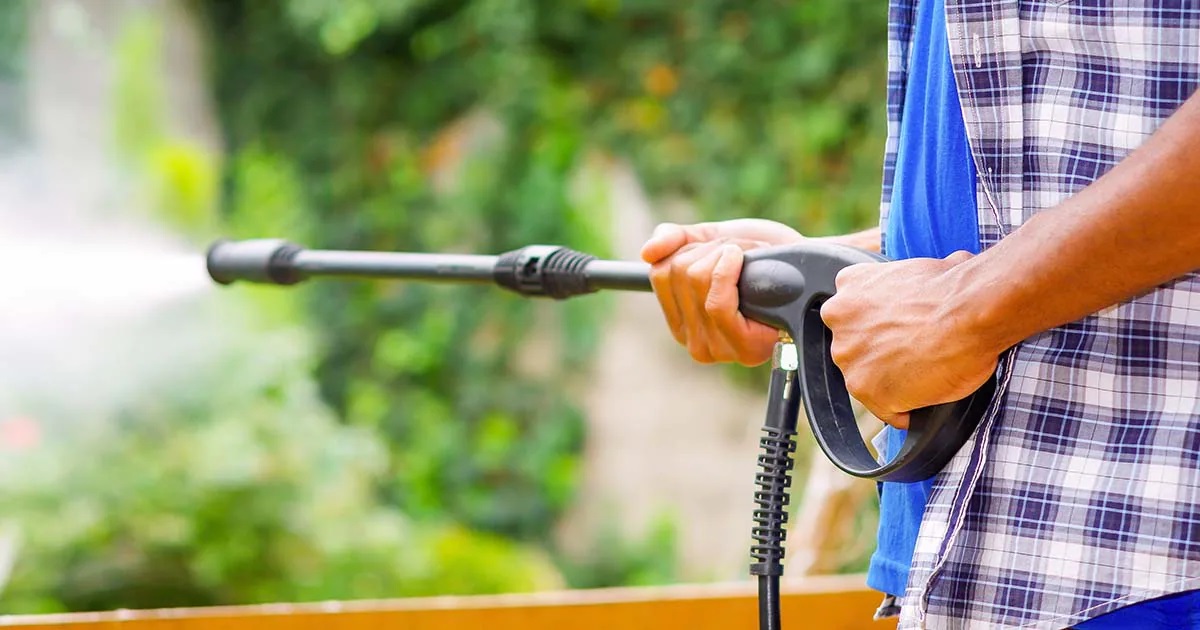
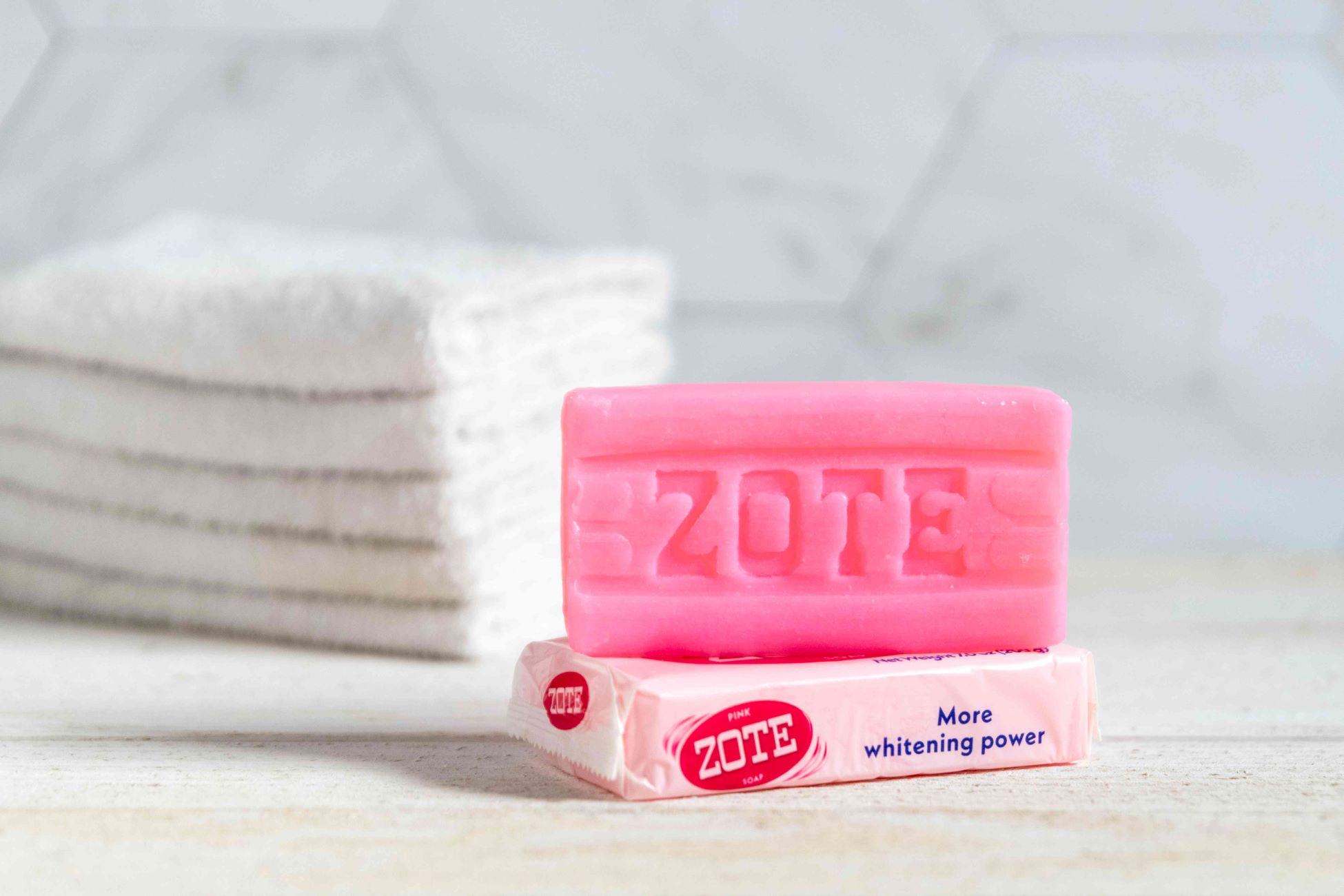
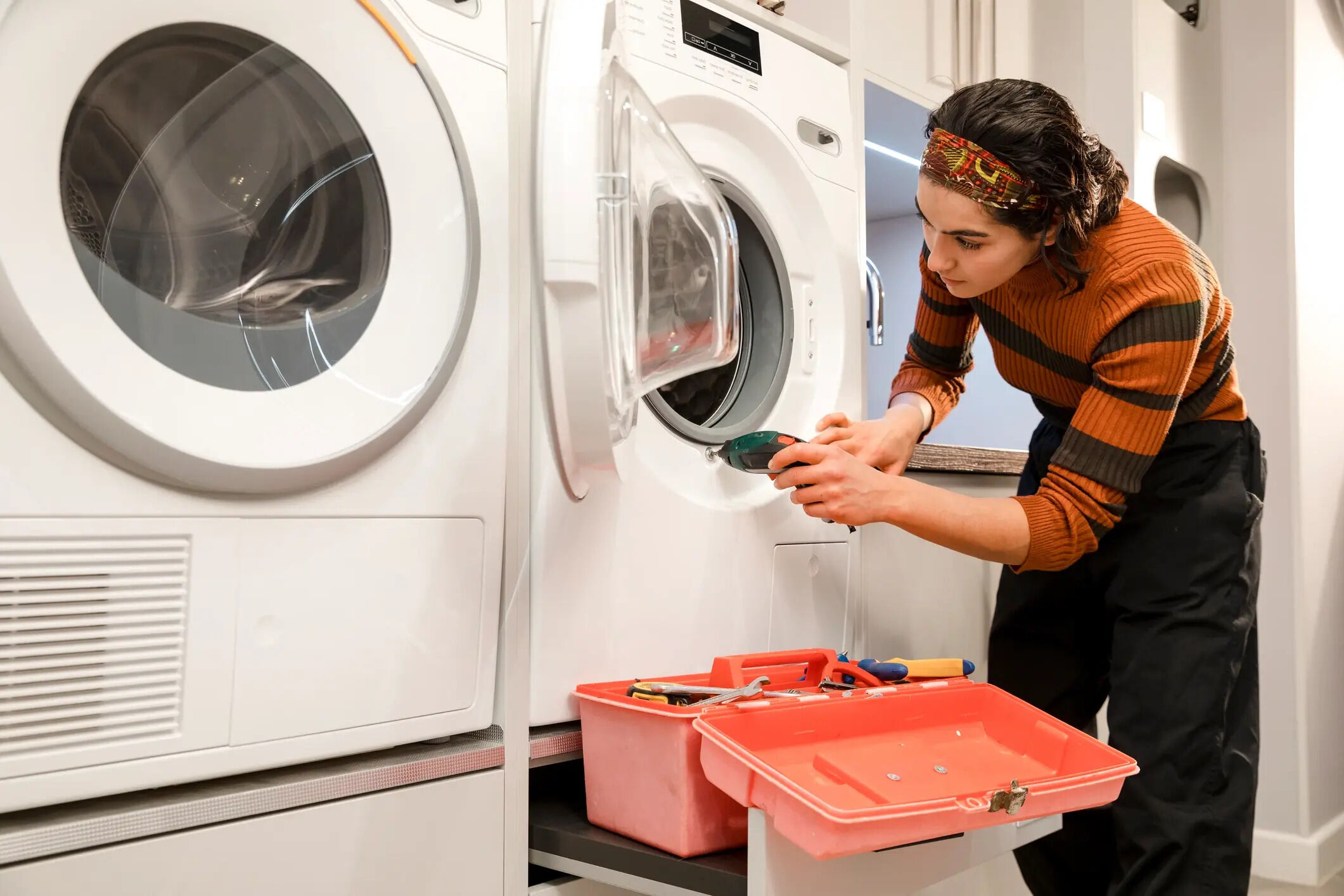

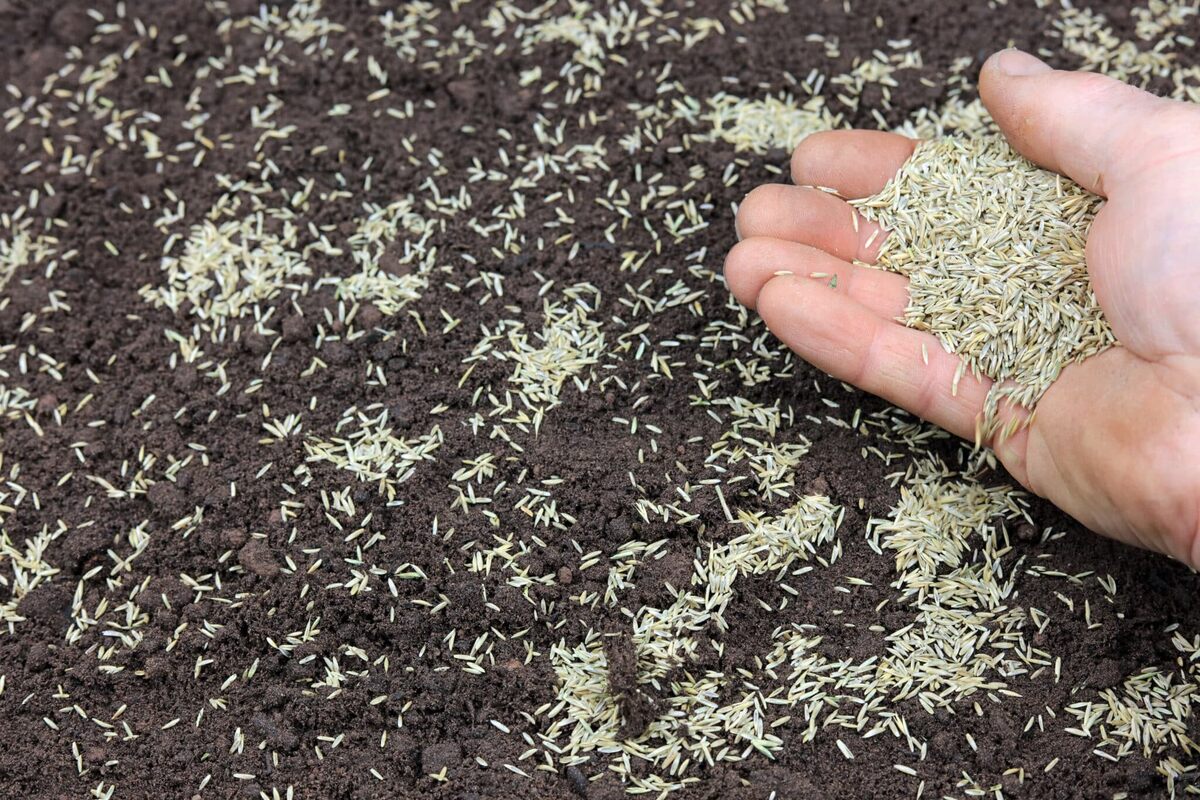
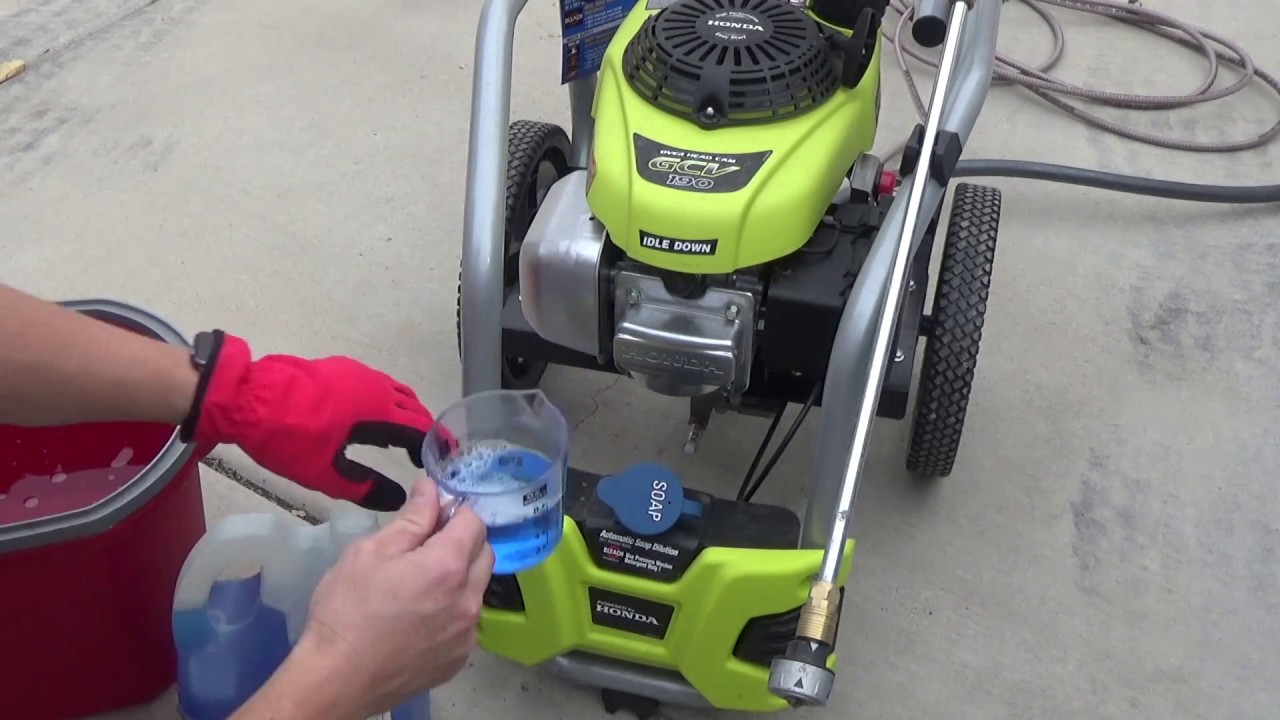

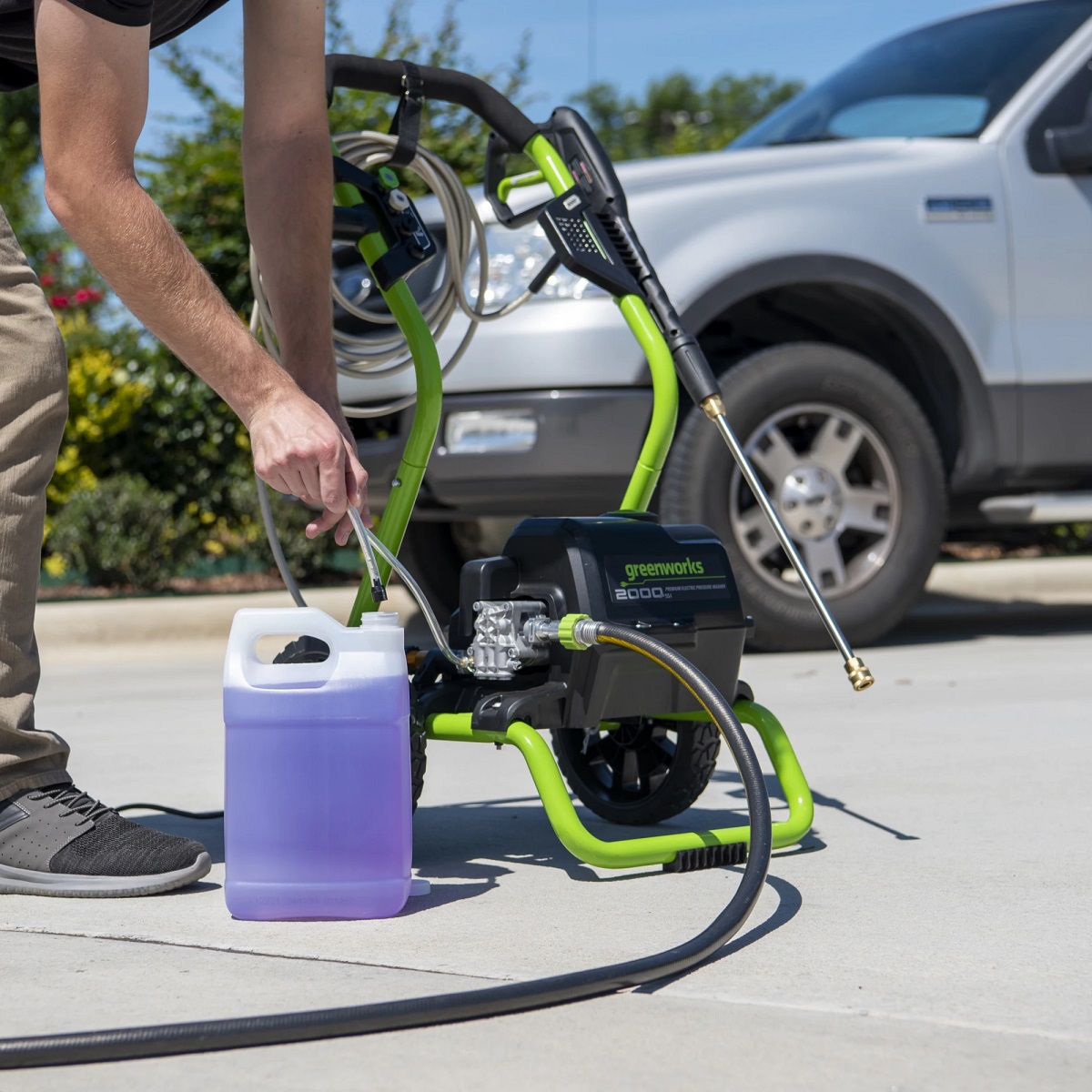
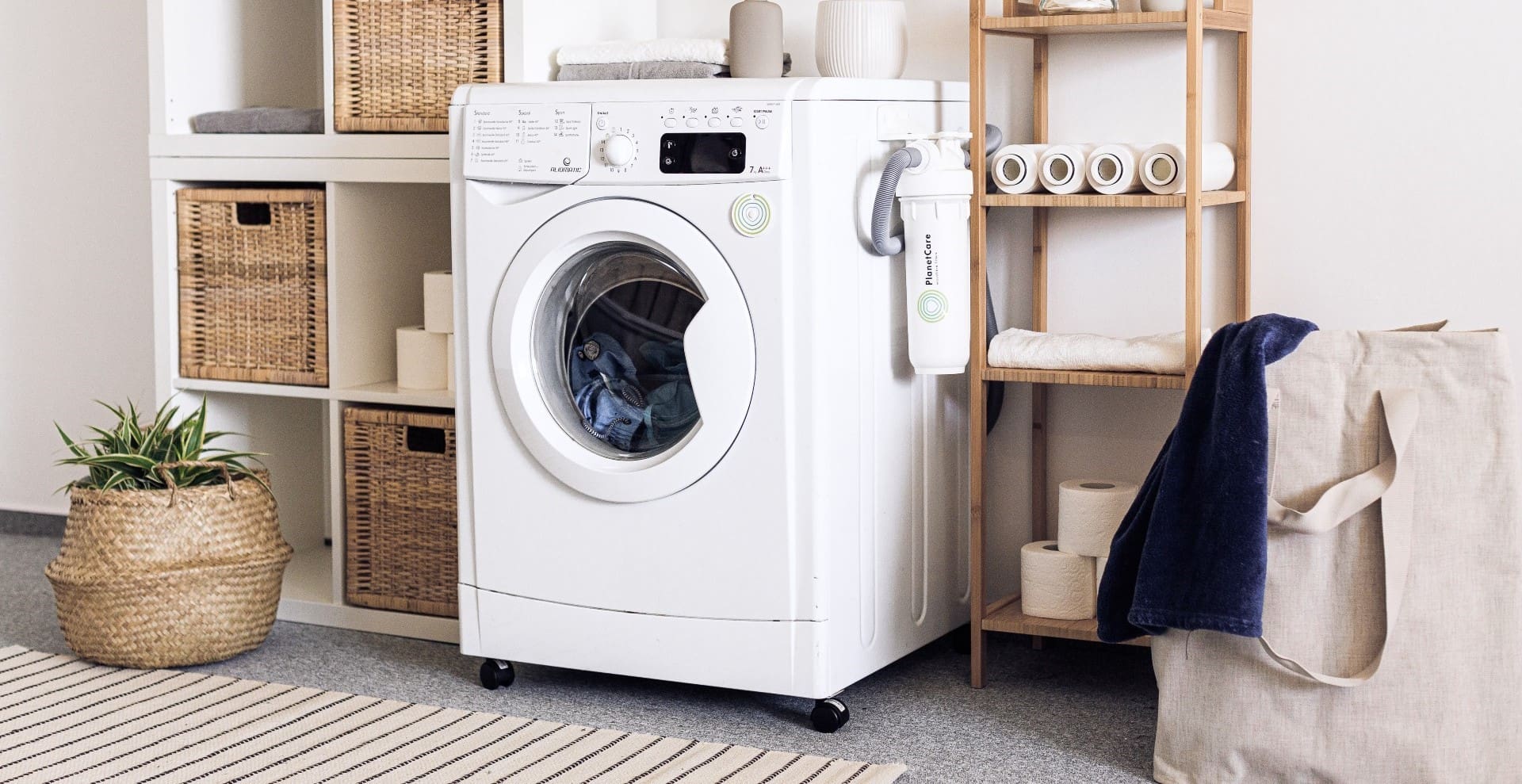
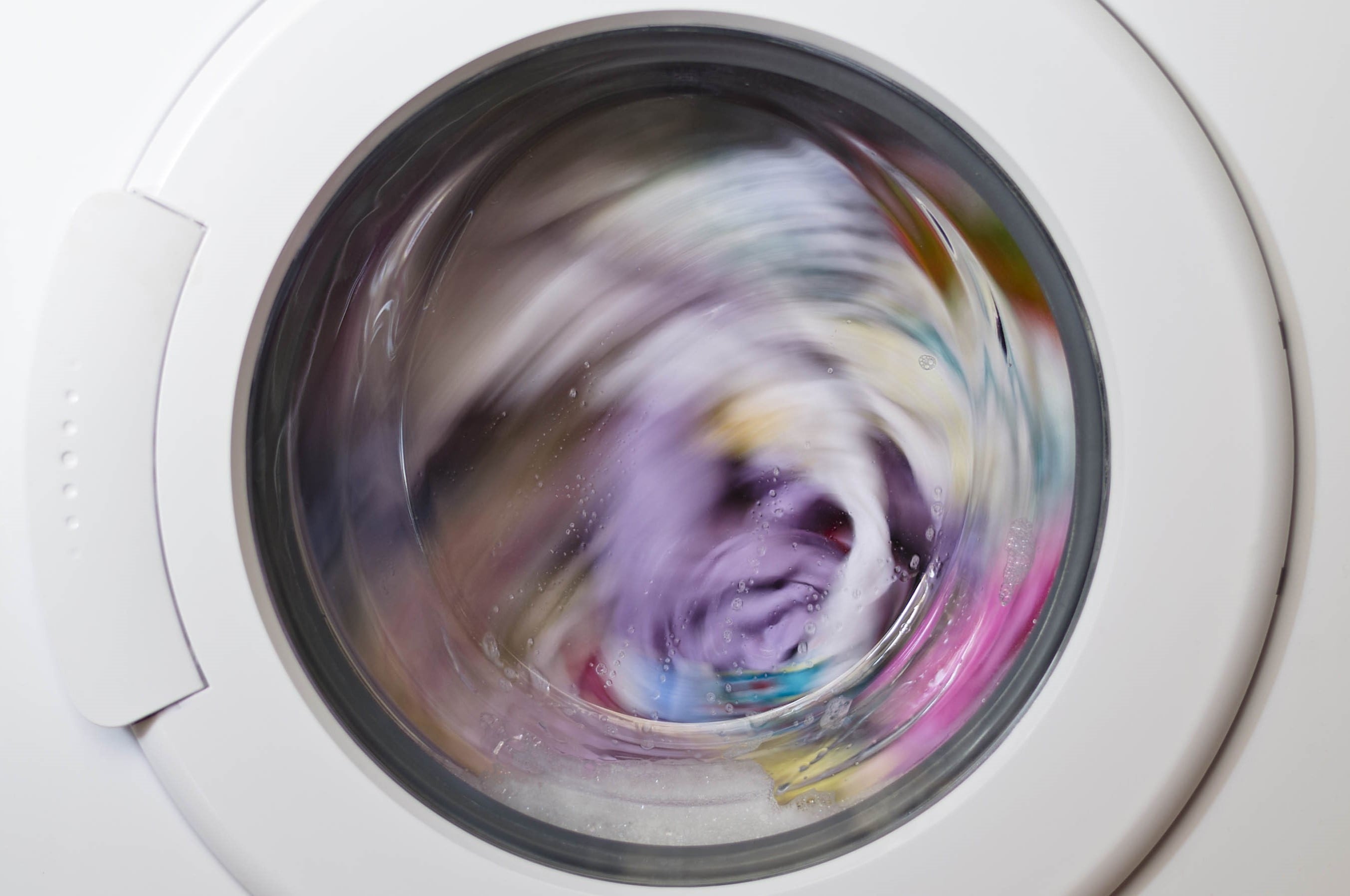



0 thoughts on “What To Do If Too Much Soap In A Washing Machine”